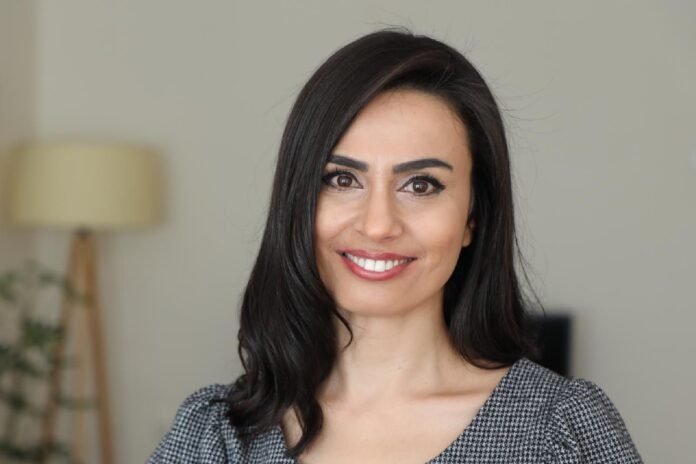An appeals court in Turkey has ruled to remove from her job Mühdan Sağlam, an academic who was recently reinstated after initially being fired for signing a joint petition about the Kurdish issue, Bold Medya reported on Tuesday.
The academic announced the development on social media. “Justice will surely come, and we will return. I hope you get a taste of what you’ve inflicted on others,” she said.
Sağlam was reinstated to her job by a lower court last November, winning litigation she had launched against her dismissal in 2017.
She was expelled from her university over her signature on a 2016 petition jointly signed and released by a total of 1,128 academics who referred to themselves as the “Academics for Peace.”
The petition called on the government to halt military operations in southeastern Turkey and opt for a negotiated settlement of the Kurdish issue.
The Kurdish issue, a term prevalent in Turkey’s public discourse, refers to the demand for equal rights by the country’s Kurdish population and their struggle for recognition.
After the initial signatories were verbally targeted by President Recep Tayyip Erdoğan, more academics signed the peace declaration in solidarity, with the total number exceeding 2,000.
The petition attracted widespread criticism from government officials, who accused the academics of acting on behalf of the outlawed Kurdistan Workers’ Party (PKK).
Many of the signatories were fired, sentenced to prison or subjected to overseas travel bans.
The PKK is listed as a terrorist group by Turkey and much of the international community.
A total of 7,316 academics were dismissed in the aftermath of a coup attempt in 2016. Professors and lecturers from nearly all universities in Turkey were targeted in the government’s post-coup crackdown.
The massive purges also extended to the judiciary, with more than 4,000 judges and prosecutors removed under the pretext of an anti-coup fight.
Erdoğan’s ruling Justice and Development Party (AKP) is accused of replacing the purged judicial members with young and inexperienced judges and prosecutors who have close links to the AKP.
In a development that confirmed the erosion of the Turkish judiciary, Turkey was ranked 117th among 142 countries in the rule of law index published by the World Justice Project (WJP) in late October, dropping one place in comparison to last year.
















